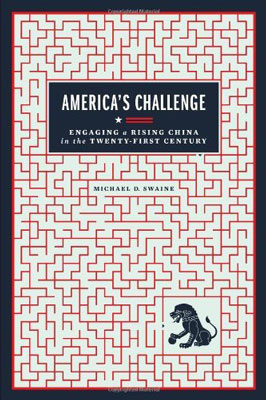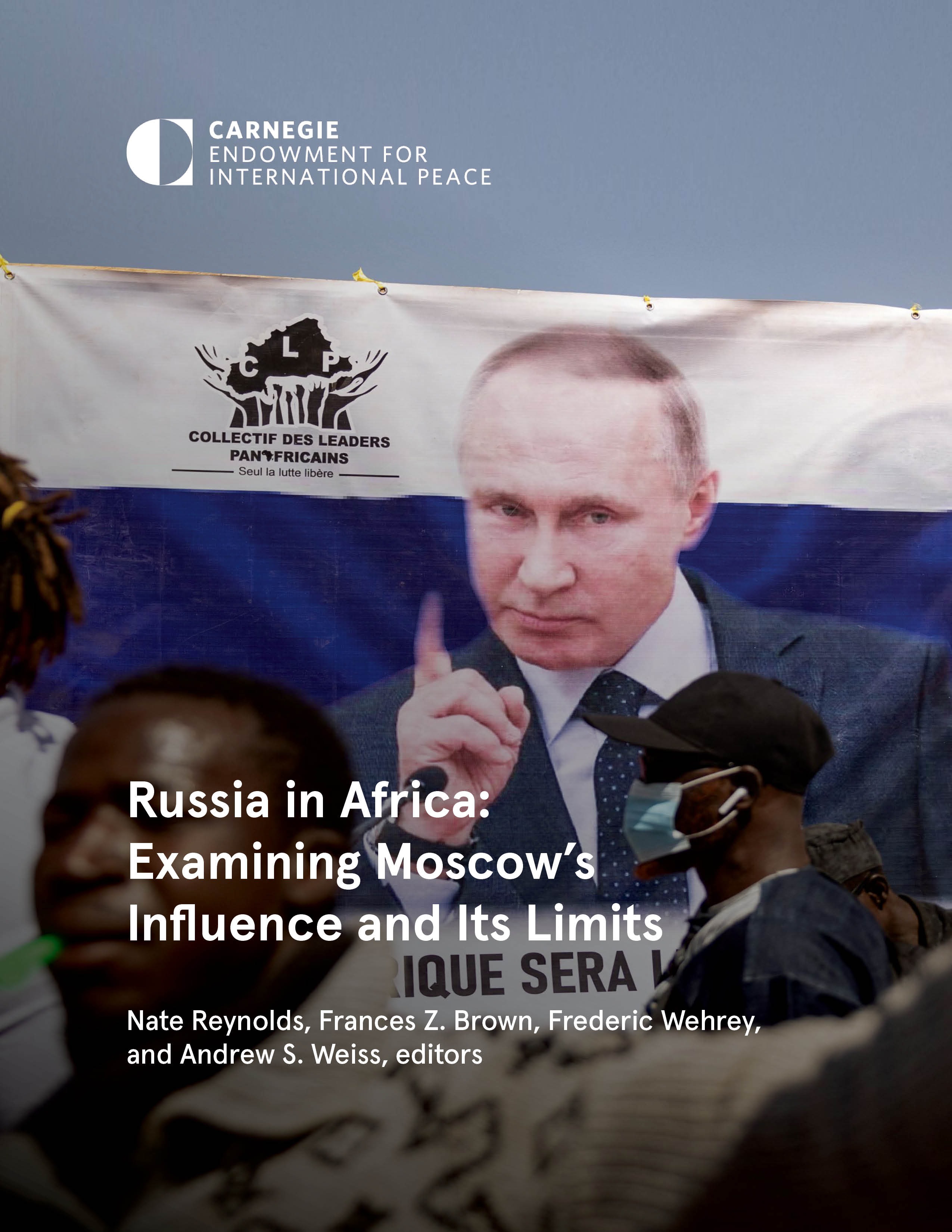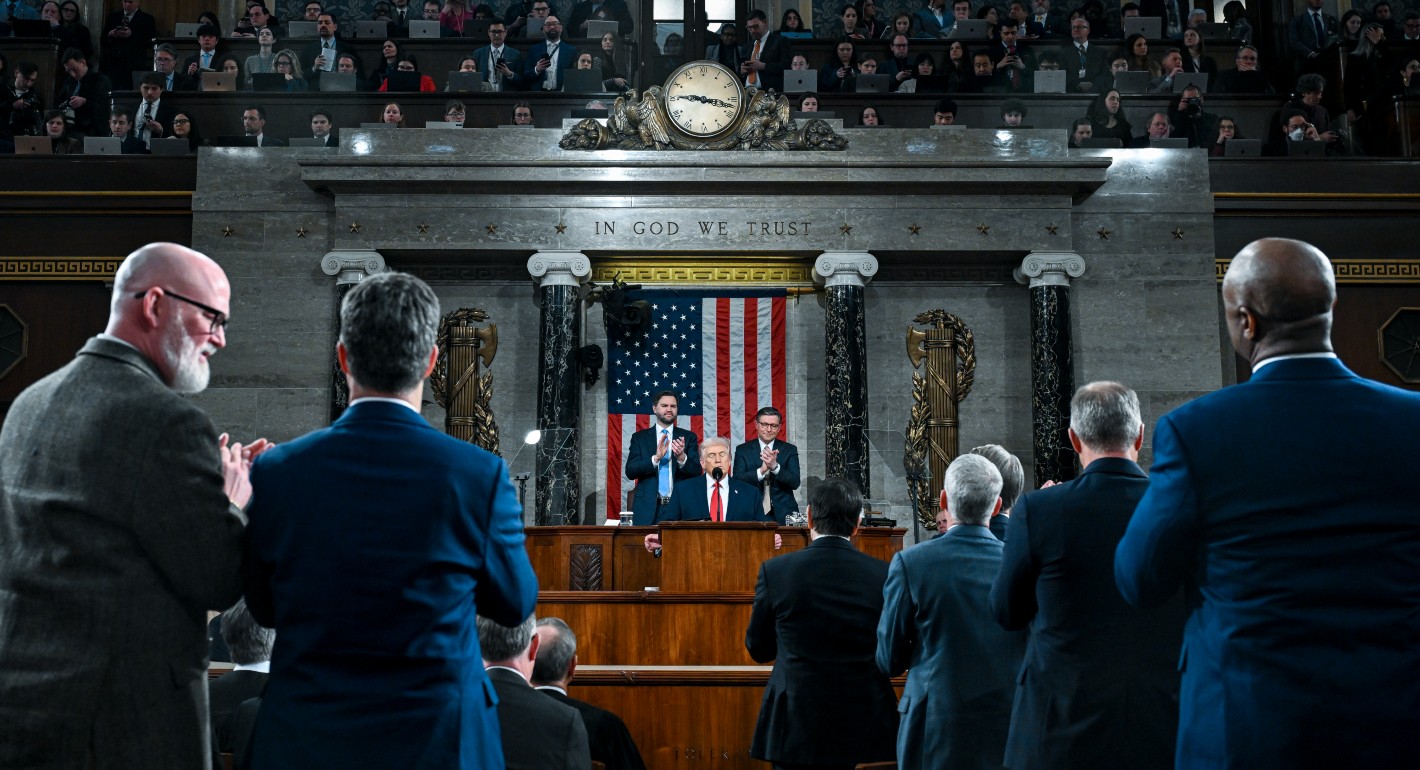Michael D. Swaine

America's Challenge: Engaging a Rising China in the Twenty-First Century
As the world’s predominant political, economic, and military force, the United States faces a significant challenge in responding to China’s rising power and influence, especially in Asia. This challenge will require more effective U.S. policies and a reassessment of America’s fundamental strategic assumptions and relationships.
Source: Washington
The emergence of China on the world scene constitutes the most significant event in world politics since the end of World War II. Given its size, location, dynamism, and unconventional approach to many global issues, a rapidly growing China will reshape the global distribution of power and major issues confronting the international community.
As the world’s predominant political, economic, and military force, the United States faces a significant challenge in responding to China’s rising power and influence, especially in Asia. This challenge will require more effective U.S. policies and a reassessment of America’s fundamental strategic assumptions and relationships.
Offering a fresh perspective on current and near-term U.S. policy toward China, Michael Swaine examines the basic beliefs behind U.S.-China relations, recent policy practices by both countries, and the future trends most likely to affect U.S. policy. American leaders, he concludes, must develop policies to sustain America’s economic and technological prowess and improve the U.S. strategic position. Otherwise, Washington will have a hard time maintaining a stabilizing presence in East Asia, shaping regional and Chinese strategic perceptions, and managing key policy issues.
Advance Praise
"As Washington gropes for a new paradigm to structure this all-important bilateral relationship, diplomats, military strategists, and concerned citizens on both sides of the Pacific would do well to reflect carefully on Michael Swaine’s new treatise, which is a masterpiece that will set the standard in the field of policy analysis for decades to come.
"The fact that the book covers issues as disparate as naval strategy, trade negotiations, and energy cooperation—handling each of these complex topics and many others with admirable sophistication—is a tribute to the wide experience, intellectual depth, and solid research of the author. In this respect, the book is without peer."
— Lyle Goldstein, Naval War College
“China’s rise presents America with its biggest foreign policy challenge. This book comprehensively and deftly lays out the considerations relevant to wise policy formulation. Swaine offers analysis and recommendations in a manner that both informs and enlightens. It will be an invaluable resource for policymakers, concerned citizens, and students.”
— J. Stapleton Roy, former U.S. ambassador to China
“For the last two decades Michael Swaine has provided some of the most enlightening and accurate views of Chinese thought. Here he engineers a convincing logic of the need to reassess our strategy in the U.S.-China relationship. His recommendations lay the foundation for the necessary debate.”
— Joseph W. Prueher, former U.S. ambassador to China, former commander, U.S. Pacific Command, and James Schlesinger Distinguished Professor at the Miller Center, University of Virginia
“A significant and needed contribution to the literature on U.S.-China relations. Some conclusions are striking and will prove controversial.”
— Aaron L. Friedberg, Professor at Princeton University and former deputy assistant to the vice president for national security affairs
“Swaine’s comprehensive, intensively researched analysis of trends in U.S.-China relations and sophisticated judgments on the opportunities, pitfalls, and prospects for American China policy deserve wide attention.”
— Alice Miller, Research Fellow, Hoover Institution, Stanford University
“This book is unusually important—a ‘must-read’ by specialists who are concerned with U.S.-China relations.”
— Robert Sutter, Visiting Professor of Asian Studies at the School of Foreign Service, Georgetown University
“Swaine comprehensively reviews the U.S.-Chinese relationship, which he sees as marked by an awkward combination of suspicion and interdependence."
— Andrew J. Nathan, Foreign Affairs
About the Author

Former Senior Fellow, Asia Program
Swaine was a senior fellow at the Carnegie Endowment for International Peace and one of the most prominent American analysts in Chinese security studies.
- What Kind of Global Order Should Washington and Beijing Strive For?Other
- A Smarter U.S. Strategy for China in Four StepsCommentary
Michael D. Swaine
Recent Work
Carnegie does not take institutional positions on public policy issues; the views represented herein are those of the author(s) and do not necessarily reflect the views of Carnegie, its staff, or its trustees.
More Work from Carnegie Endowment for International Peace
- Indian Americans Still Lean Left. Just Not as Reliably.Commentary
New data from the 2026 Indian American Attitudes Survey show that Democratic support has not fully rebounded from 2020.
- +1
Sumitra Badrinathan, Devesh Kapur, Andy Robaina, …
- Taking the Pulse: Can European Defense Survive the Death of FCAS?Commentary
France and Germany’s failure to agree on the Future Combat Air System (FCAS) raises questions about European defense. Amid industrial rivalries and competing strategic cultures, what does the future of European military industrial projects look like?
Rym Momtaz, ed.
- Can the Disparate Threads of Ukraine Peace Talks Be Woven Together?Commentary
Putin is stalling, waiting for a breakthrough on the front lines or a grand bargain in which Trump will give him something more than Ukraine in exchange for concessions on Ukraine. And if that doesn’t happen, the conflict could be expanded beyond Ukraine.
Alexander Baunov
- Russia in Africa: Examining Moscow’s Influence and Its LimitsResearch
As Moscow looks for opportunities to build inroads on the continent, governments in West and Southern Africa are identifying new ways to promote their goals—and facing new risks.
- +1
Nate Reynolds, ed., Frances Z. Brown, ed., Frederic Wehrey, ed., …
- Trump’s State of the Union Was as Light on Foreign Policy as He Is on StrategyCommentary
The speech addressed Iran but said little about Ukraine, China, Gaza, or other global sources of tension.
Aaron David Miller












